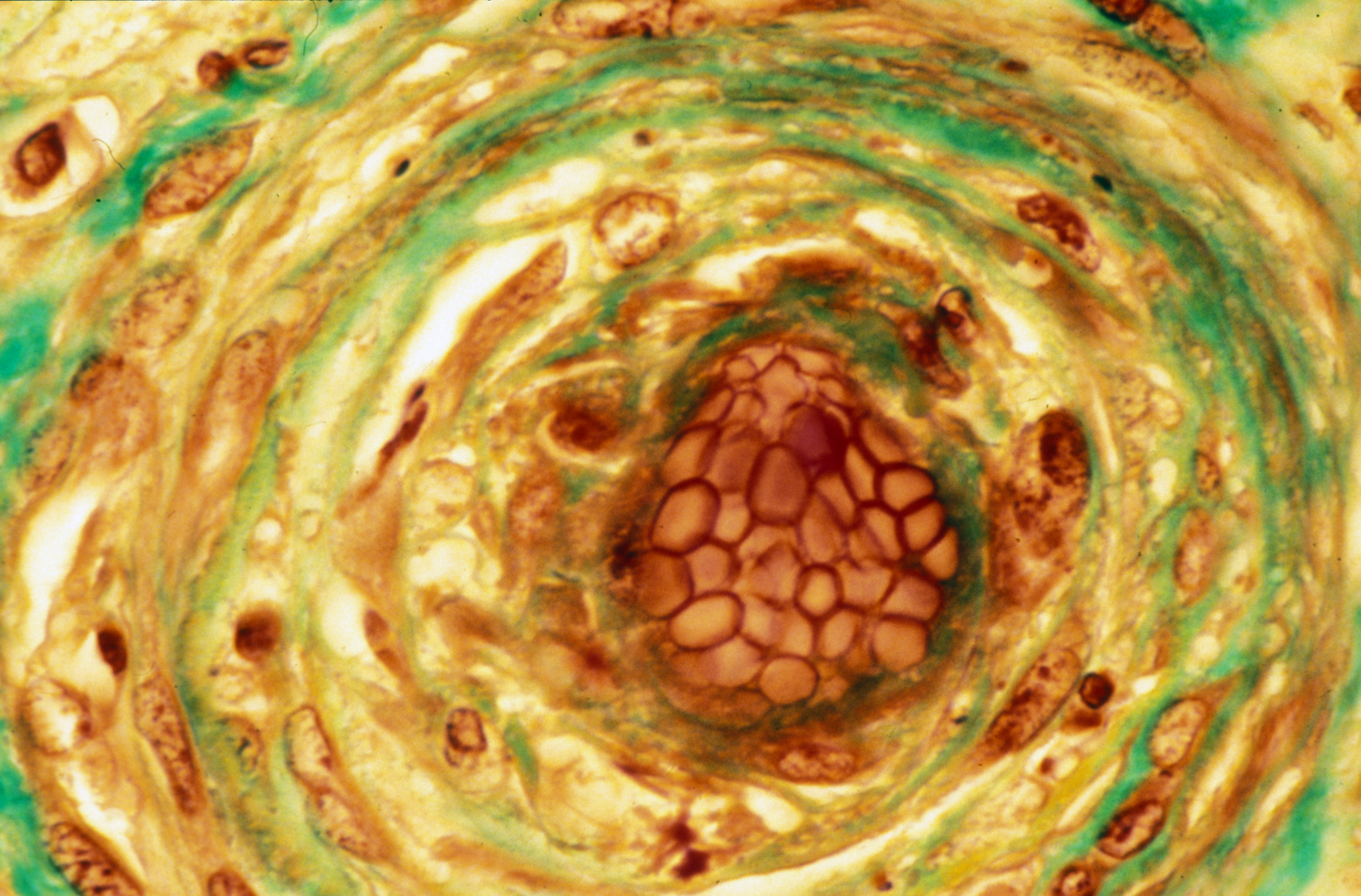
Crédits: Inserm/Hadchouel, Michelle
In collaboration with the team “Inflammation and stress in liver disease” of the Research Center for Inflammation (UMR 1149-Inserm-Université Paris Diderot), teams of Hepatology Services, anesthesia and resuscitation ‘pathology Beaujon hospital AP-HP, Paris Diderot University and the Cochin Institute (1016 UMR Inserm-University Paris Descartes), demonstrated that a specific population of T cells, called “MAIT “played a major role in inflammation and fibrosis associated with chronic liver disease.
These cells could represent an interesting antifibrogénique strategy to develop new therapeutic approaches to chronic liver disease. This study was the 1 st June 2018 to be published in the journal Nature Communications.
Cirrhosis is the latest evolutionary stage of fibrosis associated with chronic liver diseases regardless of their cause (mainly alcohol abuse, chronic viral hepatitis and metabolic steatopathy in France). It is estimated that in France 200 000 to 500 000 individuals with cirrhosis and more than 170,000 deaths per year are linked to the disease in Europe. Eventually, cirrhosis leads to liver failure whose only cure is liver transplantation. Indeed, there is to date no molecule which antifibrotic effect has been validated in clinical practice.
Chronic liver disease is characterized by persistent inflammation that contributes to their progression to more severe stages. They can progress to liver fibrosis and cirrhosis, and then require a liver transplant. A treatment for a regulation of this inflammatory response could be an interesting anti-fibrogenic approach.
The team of Dr. Sophie Lotersztajn (center for research on inflammation Inserm-Université Paris Diderot), in collaboration with anaesthesiologists services (Dr Emmanuel Weiss), pathology (Prof. Valerie Paradise) and hepatology (Pr Pierre-Emmanuel Rautou) Beaujon hospital AP-HP and a team from the Institut Cochin – Paris Descartes University (Dr Agnes LEHUEN) have focused on the role of invariant T cells associated with mucosa (MAIT) which function just beginning to be decrypted.
This work shows that during cirrhosis, MAIT cells in the liver and blood are activated and they accumulate in the liver in contact with the fibrogenic cells in the fibrous septa. In a mouse model enriched MAIT cells, fibrosis is exacerbated.
Conversely, deficient mice are resistant MAIT fibrotic process. Finally, in vitro studies demonstrate that MAIT cells interact with macrophages by increasing inflammatory and hepatic myofibrolastes stimulating their profibrogéniques properties.
This study highlights the role of MAIT cells in inflammation and fibrosis associated with chronic liver diseases and suggests that targeting these cells could be an innovative therapeutic approach antifibrogénique.

